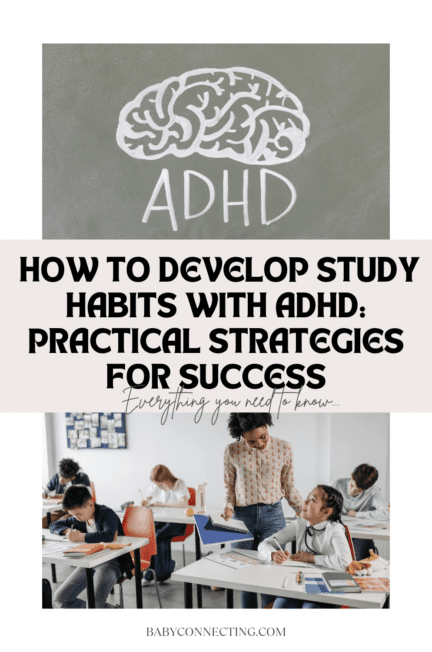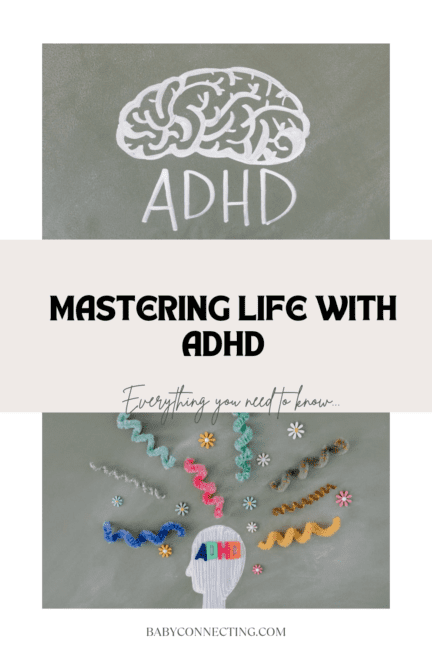How to develop Study Habits with ADHD: Practical Strategies for Success

Studying with ADHD can be challenging, but with the right strategies, it’s possible to excel academically. In this guide, I’ll share practical tips and examples to help individuals with ADHD study efficiently, stay organized, and manage their time effectively.
Understanding ADHD Challenges in Studying:
Individuals with ADHD often struggle with maintaining focus, staying organized, and managing their time. These challenges can make it difficult to study effectively and achieve academic success.
1. Creating a Distraction-Free Study Environment:
Example: Sarah, a college student with ADHD, creates a conducive study space:
– Choose the right location: Sarah selects a quiet and comfortable space free from distractions, such as a library or a quiet corner of her home.
– Minimize distractions: Sarah turns off her phone, blocks distracting websites, and uses noise-canceling headphones to stay focused.
– Set clear boundaries: Sarah communicates her study schedule to family members or roommates to minimize interruptions during study sessions.
2. Using Effective Study Techniques:
Example: Alex, a high school student with ADHD, adopts study methods tailored to his learning style:
– Break tasks into smaller chunks: Alex breaks down his study material into smaller, manageable sections to prevent overwhelm and maintain focus.
– Use active learning techniques: Alex engages actively with the material by taking notes, asking questions, and teaching concepts to others.
– Take regular breaks: Alex schedules short breaks during study sessions to recharge his focus and prevent mental fatigue.
3. Organizing Study Materials:
Example: James, a university student with ADHD, keeps his study materials organized:
– Use a planner or digital calendar: James writes down deadlines, exam dates, and study sessions in a planner or uses a digital calendar app to stay organized.
– Color-code notes: James uses different colors for different topics or subjects to make his notes visually appealing and easier to navigate.
– Keep a tidy workspace: James declutters his study area regularly and keeps his study materials neatly organized to minimize distractions and improve focus.
4. Managing Time Effectively:
Example: Emily, a graduate student with ADHD, learns to manage her time efficiently:
– Set realistic goals: Emily breaks down her academic goals into smaller, achievable tasks and prioritizes them based on deadlines and importance.
– Use a timer: Emily uses a timer or a study app with built-in timers to allocate specific time blocks for studying and breaks.
– Limit multitasking: Emily focuses on one task at a time to avoid feeling overwhelmed and to maintain concentration.
5. Seeking Support:
Example: Michael, a college student with ADHD, seeks support from others:
– Join a study group: Michael joins a study group with classmates to share study tips, resources, and motivation.
– Talk to professors: Michael communicates with his professors about his ADHD and asks for accommodations, such as extended deadlines or quiet exam environments.
– Consider seeking professional help: Michael consults a counselor or therapist for additional support and strategies to manage his ADHD symptoms effectively.
Read more about: Mastering life with ADHD
In conclusion, mastering study habits with ADHD requires patience, perseverance, and the willingness to experiment with different strategies. By implementing these practical tips and seeking support when needed, individuals with ADHD can improve their study skills and achieve academic success.




